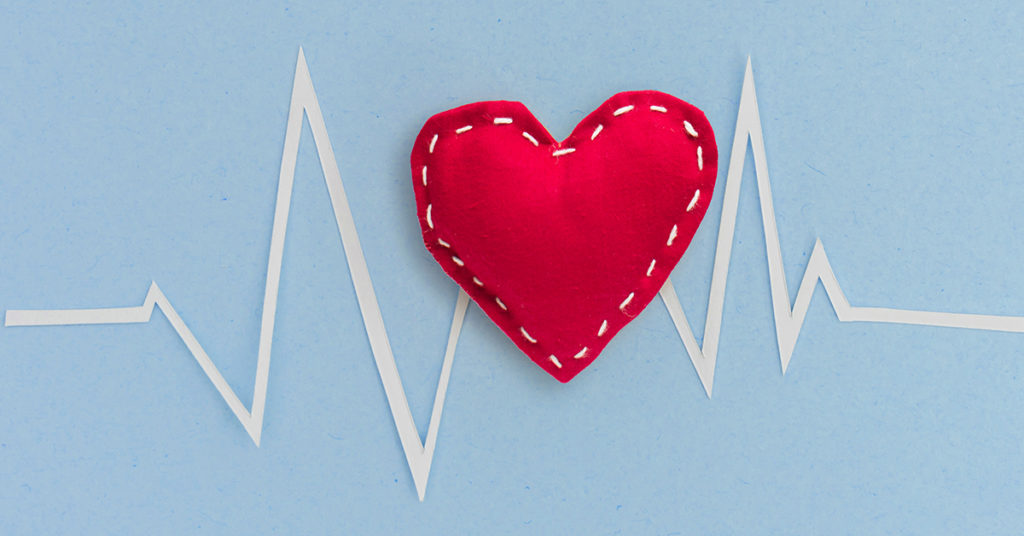
It’s time for a new way forward in addiction recovery care.
Value-based care and patient-centered care are now part of the conversation around behavioral health and addiction recovery treatment. Treatment programs and payers need real-world measurement technologies to provide support to the patient, technologies that improve outcomes and drive better population health management. Technologies like Vivi360 have made that kind of measurement possible are are transforming the practice of behavioral healthcare. Treatment providers are given unprecedented insight into the patient’s condition, giving care more value.
Value in care is sometimes defined as the quality of care (measured outcomes) in relation to the associated costs for that care. The patient is obviously present in this concept, but is not always recognized as a dominant factor. This is not a full picture of value-based care. At the heart of value-based care is the patient (and often their family or supporters). The patient and their loved ones are the evaluators of the quality of care being provided, and the real drivers of that care. As this concept gets further applied in behavioral health and recovery treatment there will be more emphasis on empirical outcomes and subjective measures of success will be less significant.
What’s been missing in recovery treatment?
For years, challenges in addiction recovery care have revolved around objective measurement of the real-world condition of the client. Insights into patient condition was more subjective. This is not altogether problematic. Many clinicians have significant clinical instinct built on years of experience and valuable methodology.
By using technology to provide empirical measures to augment that skill and experience, we have the opportunity to provide a framework for value in mental health and recovery.
Patient-centered recovery care
Patients need more than just tools that help them to avoid recurrence. They need personalized care and deep support that allows them to take charge of their own health. Patients need a holistic approach that teaches them new methods of self-care, provides coaching on healthy eating, training on strategies to better manage stressful episodes, and solutions for higher-quality sleep.
By providing these kinds of resources in their recovery programs, recovery treatment centers are helping to create a more complete picture of health and provide a multi-dimensional approach to recovery. By supporting that approach with an app like ViviCompanion,ViviHealth’s mobile app for patients, they provide resources that the patient can access 24/7 along with encouraging prompts for healthy living provided based on the patient’s condition in the moment.

What does digital technology add?
Technology is not a replacement for clinician oversight and care. While many mental health and recovery apps promise support with little or no clinical presence or supervision, value-based, quality care needs to be human focused. Clinicians build a critical therapeutic alliance and provide the kind of expert evaluation and ongoing guidance that ensure more effective recovery. This is not to discount the utility of telehealth or other virtual care opportunities. But the clinician and the patient need to be at the center of any technology. Any attempts to replace human care with machine-directed care will likely be fraught with problems. Technology adds the opportunity for continuous engagement and support for proactive recovery care.
Digital platforms like Vivi360 allow for synergy between human care and digital support. The clinician and patient work together on the recovery plan, building the framework for the overall recovery trajectory. Clinicians and care providers give guidance, motivation, and encouragement. Using remote monitoring and supportive insights through Vivi360, the patient gets encouragement, engagement, and tools for self-motivation that work together with meetings, clinical sessions, and the various features of the recovery facility. Past clinical methodologies only provide the clinical sessions, facilities, and meetings. Clinician-directed digital platforms like Vivi360 give much needed continuous engagement and monitoring. This unique combination of clinical relationship and digital support promotes better human care with unique digital personalization.

- Personalized digital innovation. Digital tools should efficiently provide patient support. Messaging and motivational insight must be user-friendly, and actionable when it matters most. Value is found in the personalization that makes each insight truly important and timely.
- Outcomes measurement. Outcome information should follow the most pertinent information relevant to recovery care and must cover multiple aspects of patient health. Standardizing outcome sets will serve to make charting progress across the full continuum of care more consistent. It also allows for agreed-upon norms that can help to evaluate the effectiveness of clinicians and programs.
- Cost measurement. To provide the best value we must both improve care and provide efficiencies that help providers to increase revenue and provide value to their clients. By using methodologies to track and calculate the actual resources used and resulting outcome, benchmarks can be developed to drive efficiencies and improve revenue. ViviHealth recently published a full white-paper on how ViviHealth drives better outcomes and improves revenue.
- Geography of care. Recovery programs across the world increasingly look to centers of excellence, premier academic hospitals like the Recovery Research Institute at Massachusetts General Hospital (an affiliate of Harvard Medical School) and large regional behavioral health centers, for new models and methods of care. Capabilities provided by remote monitoring technology solutions like Vivi360 allow for expanding networks of care into areas where access to care has been limited, providing new ways for those centers of excellence to deliver care. By utilizing local and regional centers as hubs of care, new acceptance of telehealth combined with Vivi360’s remote monitoring technology gives programs new infrastructure that creates a remarkable opportunity to provide much needed care beyond the traditional sites of treatment.
A Vision for Value-Based Recovery Care and Digital Engagement
There is a general trajectory of value-based health care that is driving treatment innovation across the entire spectrum of health care delivery. Behavioral health and recovery treatment will undergo significant transformation as technology support becomes more commonplace. Using digital interventions we can significantly expand the footprint of recovery care. By combining clinician-directed care with digital tools we create the kind of multi-faceted recovery care that provides meaningful value to the patient, their family, and their supporters. This puts them at the center of care with tools they can use in their everyday life to better motivate them and equip them to be successful. This kind of care impacts their day-to-day lives in a significant way. Recovery care has always revolved around giving patients real-world skills for a new way of living. Vivi360 and other value-driven digital interventions help programs provide that in new ways that makes a difference in patient lives over a lifetime.
Additional Information about ViviHealth Technology and Behavioral Health Treatment
- How AI Advances Behavioral Health Treatment
- Why Automated Meeting Attendance is a Game-Changer for Clinicians
- Revenue-Generating Insights for Behavioral Health Leaders
- New Insights for Recovery Professionals
ViviHealth exists to…
…transform recovery treatment through insights and technology to support sustainable and lasting recovery that saves and improves lives.
The Vivi 360 Recovery System is a comprehensive insight platform that combines real-time health monitoring devices, clinical insight dashboards, and personalized client care applications to make recovery treatment centers more effective.
Vivi360 delivers empirical clinical outcomes built on years of evidence-based scientific research from top universities and board-certified addictionologists.
